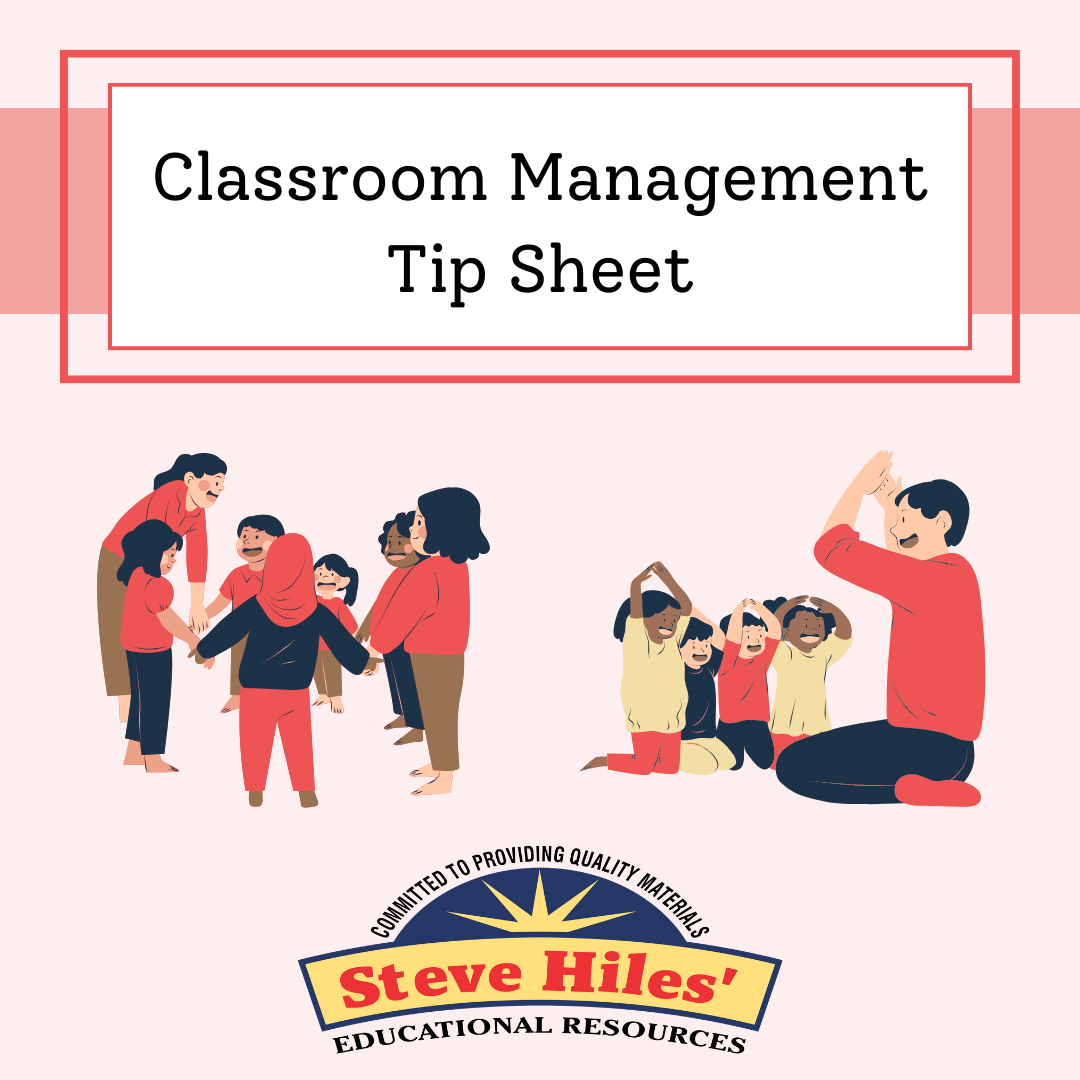Table of Contents
ToggleF – The Failing Student
Often sits in the back of the classroom and seems to pay no attention. They may even fall asleep. They almost never meet your eyes. They may have problems at home, a learning disorder, or be ill. Always look deeper for an explanation for why a student seems to be failing.
D – The “Do enough to get by” Student
Just barely passes the class. Most of the time, they do not seem to engage with the work or the teacher, but you may see flashes of brilliance every once in a while. They may be quite smart but seem unwilling or unable to do the work. Again, there’s almost always an explanation – although not always a solution. Watch the body language – this student sits up and pays attention some of the time but more often, may seem easily distracted or disconnected. How often can you get this student to look you in the eyes? What might be the reason?
C – The “Caring” Student
Seems to care about the class and the work but often does just average or below average classwork. This can be out of a desire to “fit in” with the rest of the group. Or conversely, to protect him or herself from attack or bullying by not “standing out” or drawing attention to themselves. They may not be motivated or there may be real reasons – home life, learning disorders, seeing issues, etc. – that prevent them from higher achievements. Body language can be a real indicator. Does the student slump in the chair, twist to talk to friends, or seem to hide behind the desk? Look for ways to help these students feel more secure about accomplishing their work.
B – The “Brilliant” Student
Can be rewarding to teach. They seem to pay attention most of the time and are usually conscientious about doing their class and homework assignments. They give competent answers to questions and their comprehension is almost always quite good. What stops them from being “A” students? Often this can be because social interactions weigh more importantly for them than classwork. Given a choice between watching a popular TV show and doing their homework, they would probably choose the TV show so that they can talk about it with their friends the next day at school.
A – The “Ace” or E-for-“Excellent” Student
May not be the most popular but turns in outstanding work. Sometimes the work is quite unusual, imaginative, and even eccentric – a story, poem, song, report, or explanation of an idea by this student can be a surprise. Socioeconomics can play a role, perhaps unfairly. So-called “A” students may come from well-educated parents who demand quality work. Or they may be highly motivated because of personal interest – and some may even display signs of genius, which you can help to nurture. Parents who care about their children’s education provide them with a desk or work area at home, require specific times for students to do homework, and give helpful support when they have questions. Even those families that live in real poverty can supply these elements which can make a real difference in students’ achievement. But the real “keys” to excellence can be found in enthusiasm and engagement. Even the “F” student may do “A” level work if an assignment excites them. Finding ways to get students to engage with the learning materials is one of the most challenging and stimulating aspects of teaching.







